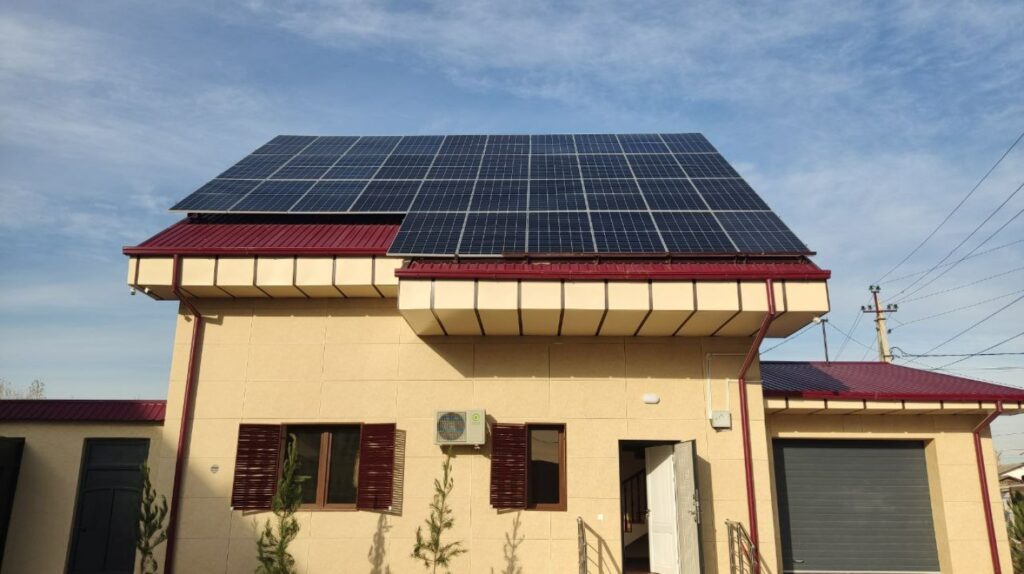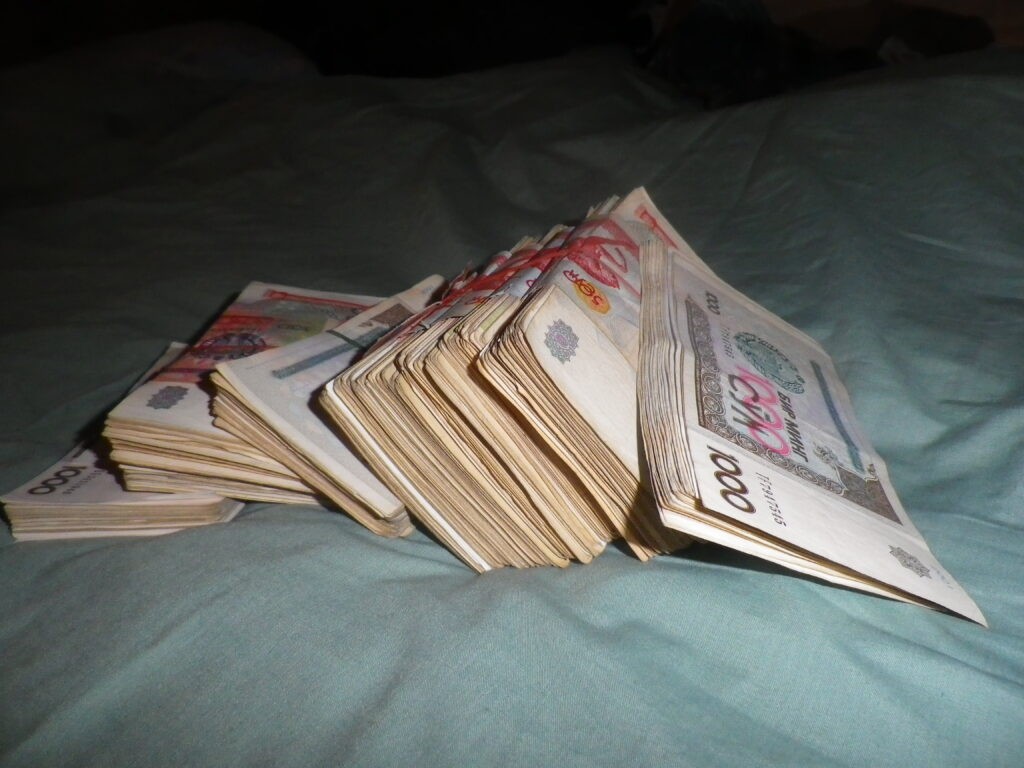Viewing results 1 - 6 of 2
Uzbekistan has launched a program to install solar panels in the homes of low-income families in the Tashkent Oblast. The key aim of the initiative, implemented with the participation of ACWA Power, an enterprise engaged in regional energy projects, is to reduce electricity costs for vulnerable sectors of the population. Under the plan, some 20,000 low-income households, especially those with air conditioning, will receive free photovoltaic panels with a 1.5 to 2 kW capacity, to reduce energy costs during the summer. The project is part of the government's broader strategy to transition to renewable energy. The country has already taken steps in this direction, including the construction of solar and wind farms, which in recent years, have enabled Uzbekistan to reduce its electricity imports from more than 4 billion kWh to less than 3 billion kWh and even begin to export electricity. The initiative is also a continuation of the Solar Home Program which was introduced in 2023 to encourage the installation of solar panels in private households across the country.
Uzbekistan has set itself the ambitious goal of reducing the rate of poverty in the country from 11% to 7% in the next three years. To achieve this, the government plans to introduce a series of systematic measures to improve the economic situation of low-income segments of the population. The main emphasis will be placed on the development of the private sector and entrepreneurship, which should lead to the creation of new jobs. In addition to economic measures, attention will be paid to improving the social protection system, improving the quality and accessibility of education, and expanding access to healthcare. Since 2020, Uzbekistan has made significant progress in fighting poverty: the poverty rate has fallen in this time from 17% to 11%. This has been achieved through a comprehensive approach that includes economic and social reforms. In the Syrdarya region, for example, the poverty rate has fallen by 6 percentage points, and in the Andijan region by 5.5 percentage points. The authorities plan to allocate significant funds annually to fight poverty. This money will be distributed to regions and mahallas (local communities) with high levels of poverty, where individual support programs for each family will be introduced. Public control over the implementation of these programs will also be strengthened.


